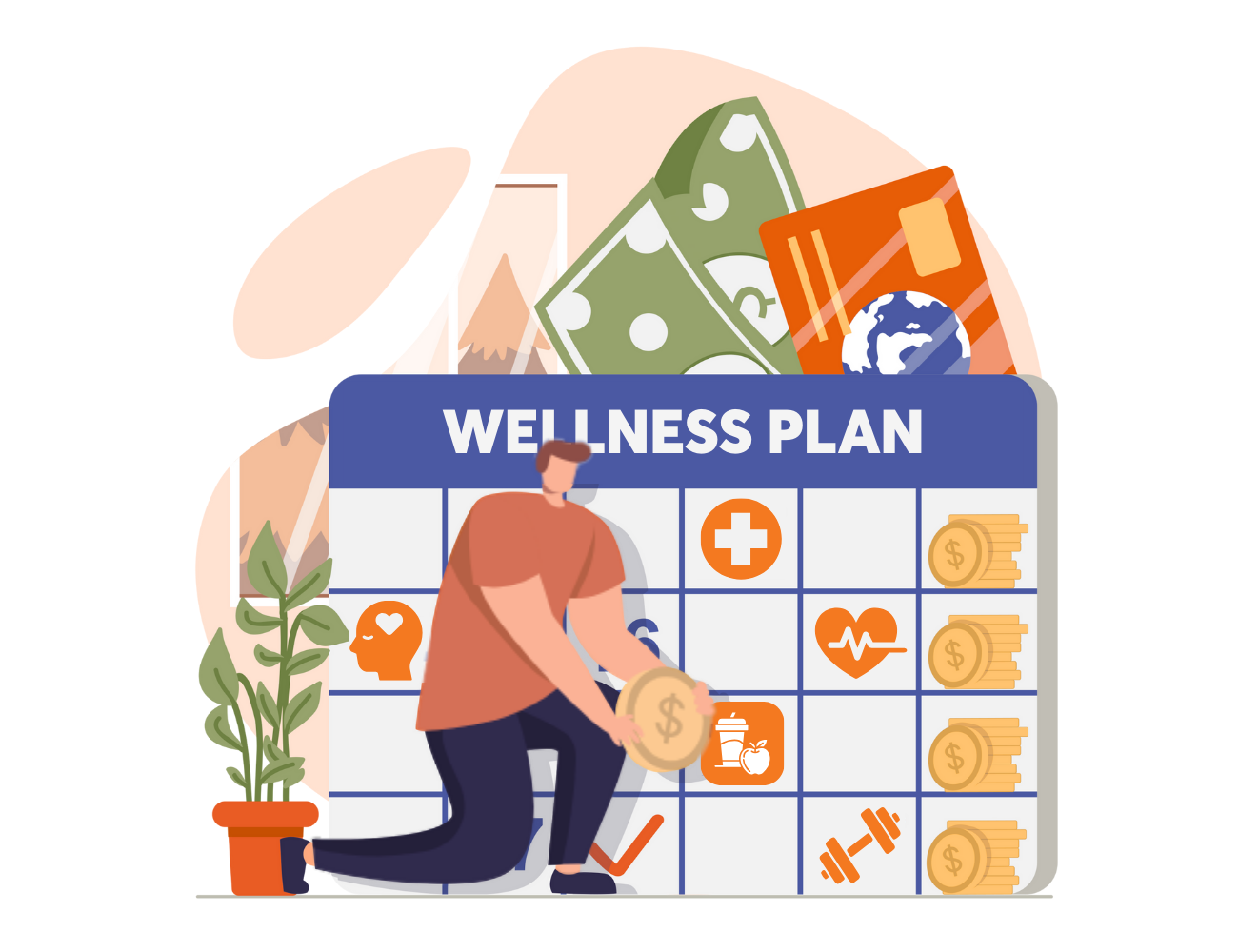A study published in the Journal of Nutrition Education and Behavior indicates that people who participate in a community garden reap a host of benefits that go beyond healthy eating. The study was conducted by the University of California at San Francisco and Valley Verde, a community-based urban garden association. Researchers followed 32 participants in one of Valley Verde’s programs for one year, conducting interviews with the participants before, during, and after the program to track various aspects of their progress.
At the end of the year, almost all of the participants reported increased consumption of fruits and vegetables, decreased stress, and increased physical activity for both adults and children.
Dr. Sheri Weiser, MD, noted that these types of urban agriculture programs are “an important community resource that may contribute not only to nutrition and health, but also to urban development and social connection.”
Corporate Gardens Part Of The Trend
No longer just a feature of schools or neighborhoods, community gardens have become a feature of both large corporate organizations with sprawling campuses and small offices with limited space.
Companies as diverse as Kohl’s, BlueCross BlueShield (BCBS) of Minnesota, and Timberland have established company gardens. BCBS of Minnesota has even taken its initiative into the community by helping establish more than 20 employee-run gardens throughout the Minneapolis-St. Paul area. The network of gardens started by BCBS employees now provides over 10,000 pounds of fresh produce to local food pantries every year.
Other companies that may not have the space of a large campus are implementing other gardening solutions, such as a living wall or vertical aeroponic planters. Even if these solutions don’t provide as much fresh edible produce for employees, they still contribute to the overall mental and physical health of employees. Studies consistently demonstrate that employees exposed to greenery in the office are more productive and physically and mentally healthier.
Healthy Spaces, Healthier Employees
These company gardens contribute to the community garden trend, but they can also be an important aspect of a company’s wellness program.
The benefits of gardening and having plants in the office have long been recognized anecdotally, but research is starting to back up what gardeners have known all along: people who connect with plants and dirt tend to reap benefits that they can’t get anywhere else.
For companies, having a community garden could result in a host of tangible and intangible benefits:
- Physically healthier employees: Gardening is a physical activity, so employees that participate in the program will move more throughout the day. When fresh produce is available for purchase or just for the taking, it’s likely that employees will increase their intake of fruits and vegetables.
- Improved mental health: Getting regular doses of sunlight and fresh air is good for everyone’s mental health. And many gardeners report lower stress levels than those who don’t regularly get their hands dirty.
- Better teamwork and internal connections: A company garden can be a great equalizer and a shared activity that everyone can participate in, regardless of position or expertise. Gardening together also fosters communication and connection, as researchers noted in the Valley Verde study.
- Greater impact on the community: Timberland sells its produce to employees and donates the money to a local food bank. Other companies donate produce to local charities. And as the BCBS example shows, companies can even take their gardens out to the community and spread the idea.
- Reduced environmental impact: Gardens are one of the lowest cost and simplest sustainability features to implement. Rather than retrofit an entire building, planting a living roof or installing a living wall can help reduce a company’s environmental impact in significant ways. Such features reduce wear and tear on the roof, provide cooling to the building, filter rainwater, and provide habitat to small birds, butterflies, and other wildlife. Inside the office, plants can help filter the air.
A corporate garden could be one of the best wellness initiatives to implement. If a corporate garden is out of reach, bringing greenery into your office space could be the first step in creating happier and healthier employees.
Pro tip: if dealing with limited space in an office, many municipalities offer community garden plots that are available for rent.












